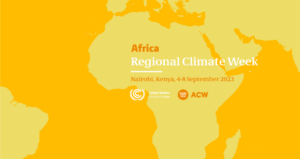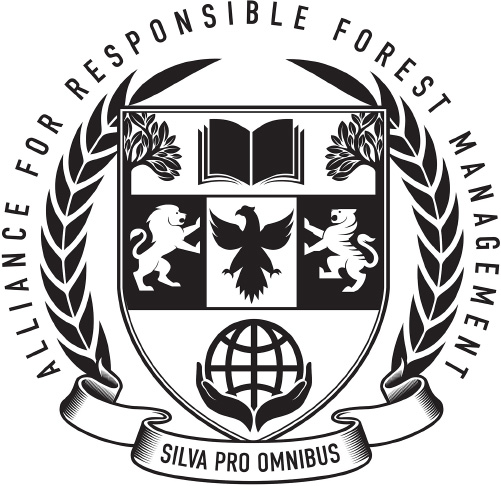The Alliance for Responsible Forest Management (ARFM) attended the United Nations Framework Convention on Climate Change (UNFCCC) Adaptation Committee meeting, held from 28-29 August 2023, in parallel with the 8th Asia-Pacific Climate Change Adaptation Forum (APAN) and Korea Global Adaptation Week (KGAW) 2023. In recognition of our valuable contributions to the meeting in Korea, and to support adaptation strategies to address climate change at the regional and global levels, ARFM has been invited to join and contribute to the UNFCCC Adaptation Committee meeting, to be held from 5-6 September 2023, in parallel with the Africa Climate Summit and Africa Climate Week 2023, in Nairobi, Kenya.
The aim of the UNFCCC Adaptation Committee meeting is to boost regional synergies towards more coordinated and effective adaptation action in the Africa in the context of the Africa Climate Week. Specifically, the meeting will address issues from relevant adaptation-related outcomes from the 2022 Climate Change Conference held in Sharm el-Sheikh, Egypt, i.e., AC23/INFO/5A including outlining concrete opportunities for technical collaboration (https://bit.ly/3KR3eTM).
The inaugural Africa Climate Summit, championed by His Excellency President Ruto, aims to address the increasing exposure to climate change and its associated costs, both globally and particularly in Africa. With the expectation of escalating climate crises in terms of frequency and intensity, urgent action is required to mitigate these challenges. The Summit will serve as a platform to inform, frame, and influence commitments, pledges, and outcomes, ultimately leading to the development of the Nairobi Declaration.


Call to Action
- Promote the implementation of regional-specific best practice material utilising over 30 years of peer-reviewed research and applied knowledge in tropical forest management.
- Foster holistic, continuous, and responsible forest management on the ground by capturing proven, localised best practice approaches for all types and scales of commercial forestry.
- Provide forestry education to the private, civil, and public sectors, which includes multidisciplinary topics and holistic management of forests, including sustainable yield, silviculture, forest restoration and conservation, community forestry and rights-based approaches, and forest management at the landscape level.
- Support continuing education and extension training to practitioners, certification bodies, auditors, government agencies and private sector forest organisations, including upper management and Directorship.
- Nurture stakeholder engagement and partnerships through the dissemination of information, facilitating networking and fostering collaborative action amongst stakeholders and communities.
- Support international Conventions, Agreements, and commitments through education and training, including the recent decisions at COP 26 to halt and reverse deforestation by 2030 and safeguard biological diversity in tropical forests, including the Kunming-Montreal Global Biodiversity Framework agreed in late 2022 under the Convention for Biodiversity.
Strengthening through Continuous Education
- Strengthening knowledge, education and awareness programmes to promote a better understanding of the relationships between forests, environmental sustainability, governance, and human needs.
- Partnerships and collaborations between education and research centres, governments, NGOs, private sector, international organisations and communities to promote and implement responsible forestry practices effectively.
- Development and implementation of innovative technologies can help improve the efficiency and responsibility of forest management practices.
- Effective policies and regulations to promote responsible practices, corporate governance, environmental services, legality and certification programmes and deforestation-free commodities.
- Collaboration with local and indigenous forest communities to regulate property rights, implement responsible practices and ensure benefits are shared equitably.
Get involved
The ARFM delivers a significant contribution to remove the current barriers of practicing responsible forest management across the tropical world, including to raise awareness and seek the active support of all communities and stakeholders and meet the requirements of environmental Agreements, Conventions and commitments. The ARFM encourages all interested individuals, companies, governments, civil society and communities to join our Call to Action and support the improvement of tropical forest practices, globally.
For information, please contact us at: info@arfm.org.
The official press release can be downloaded here PR 007 ARFM UNFCCC Adaptation Committee Meeting_Africa_230831
